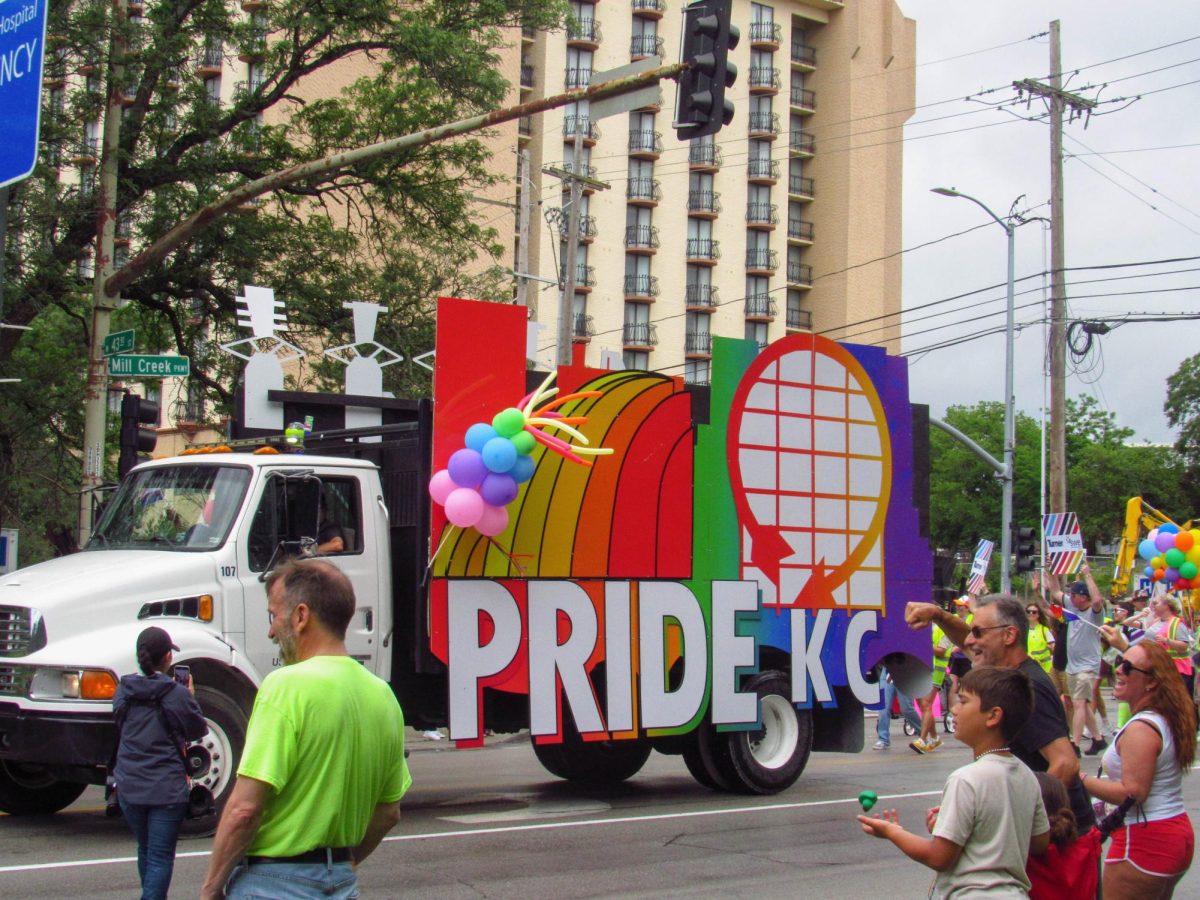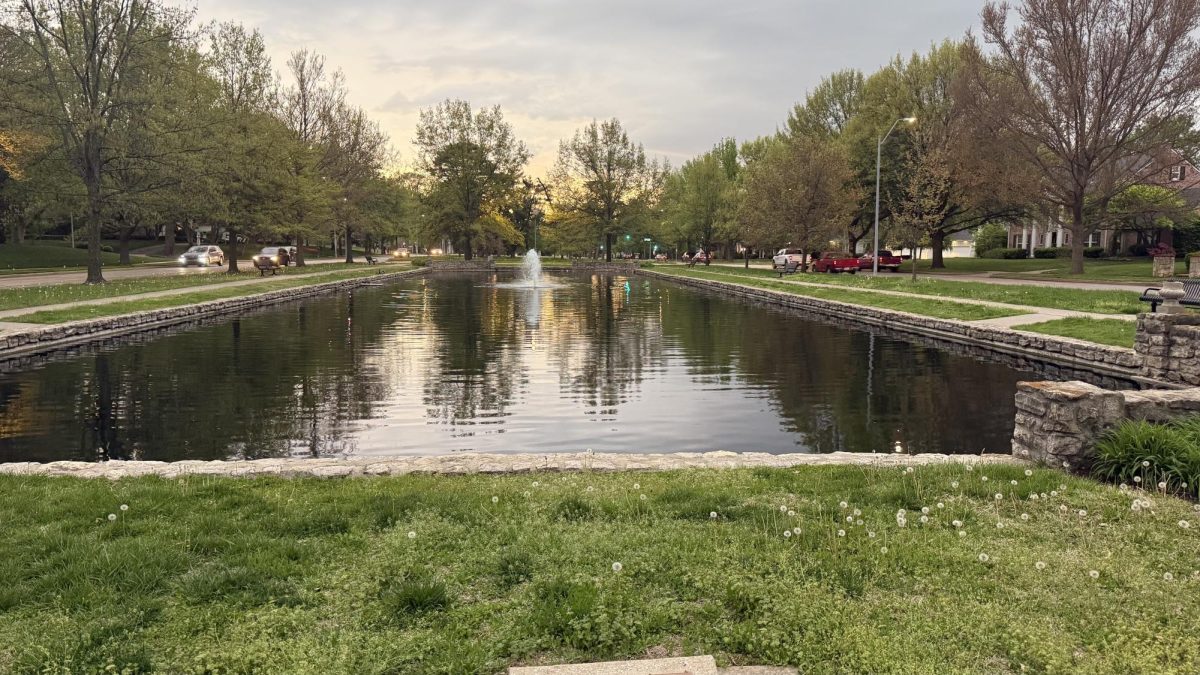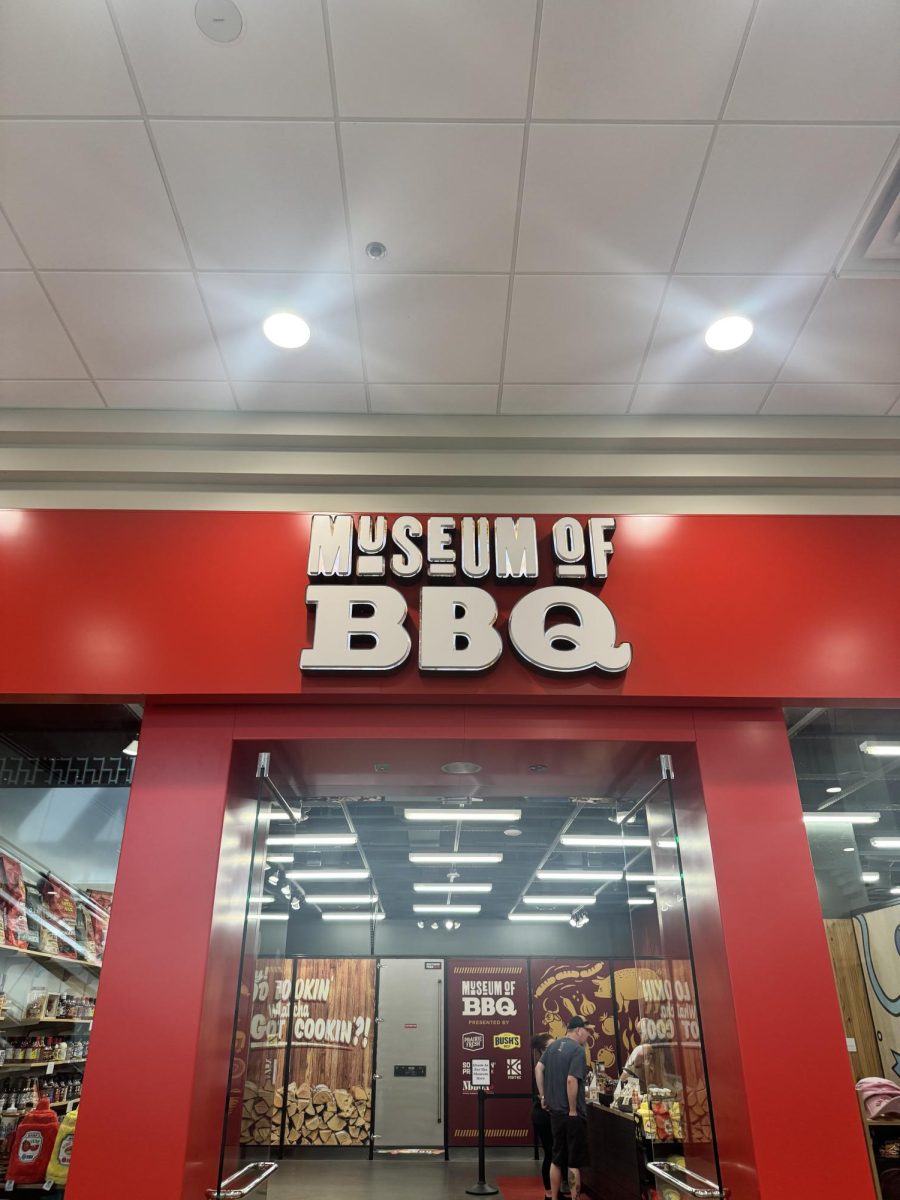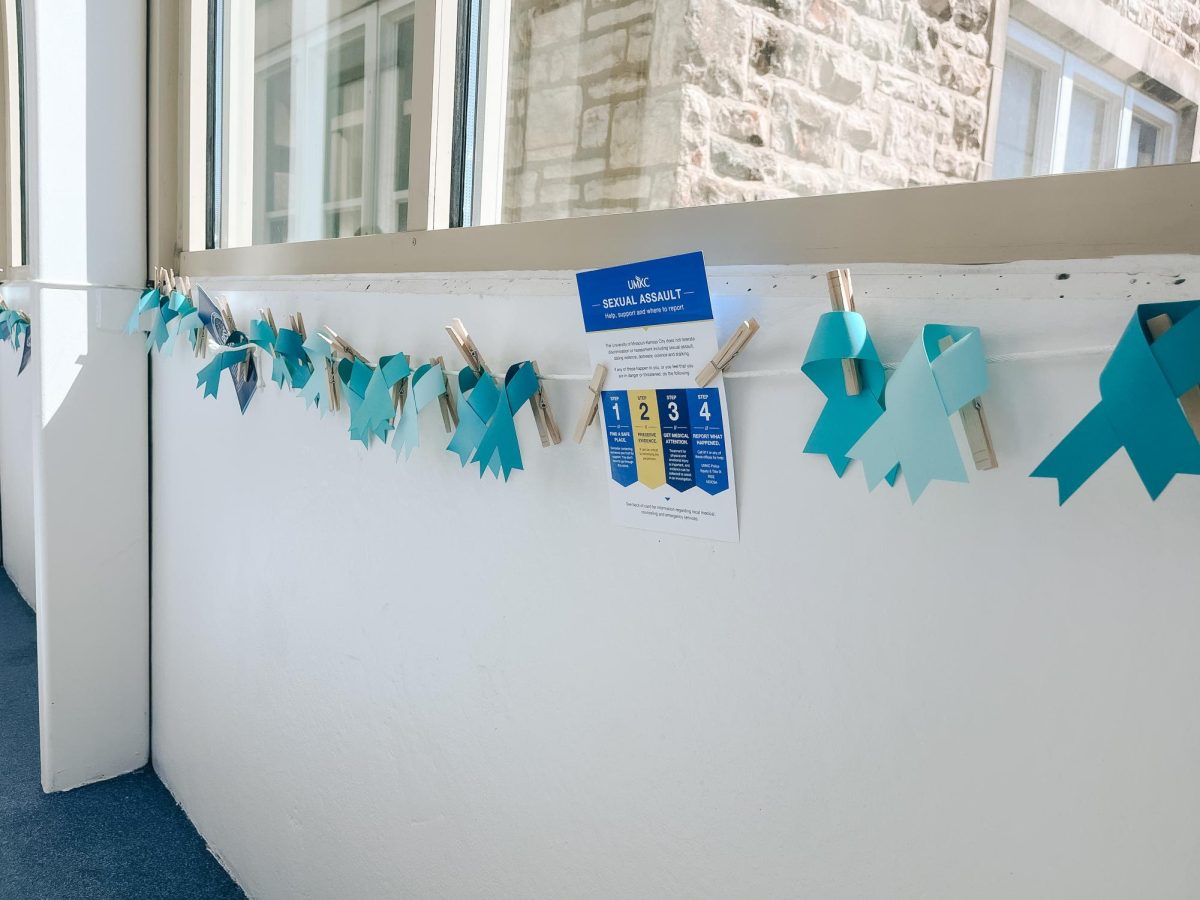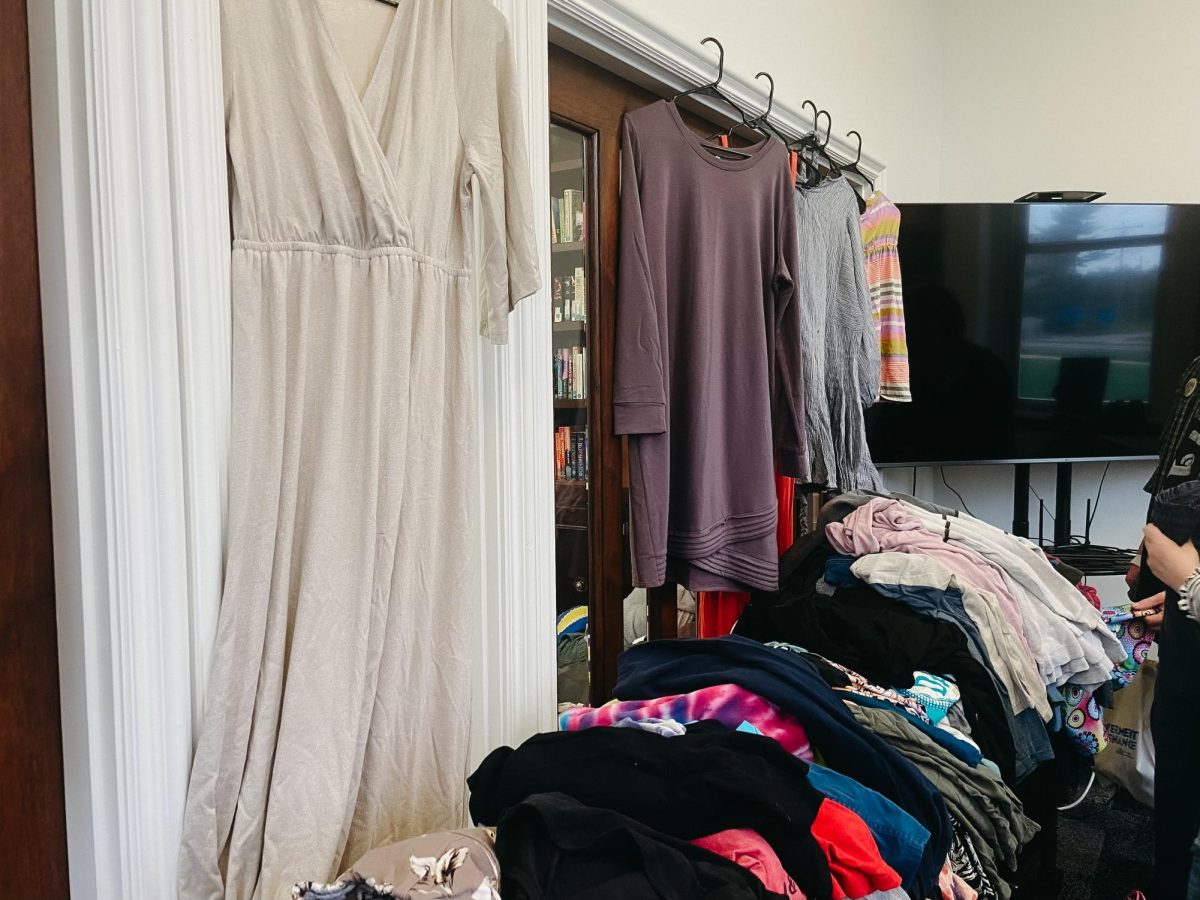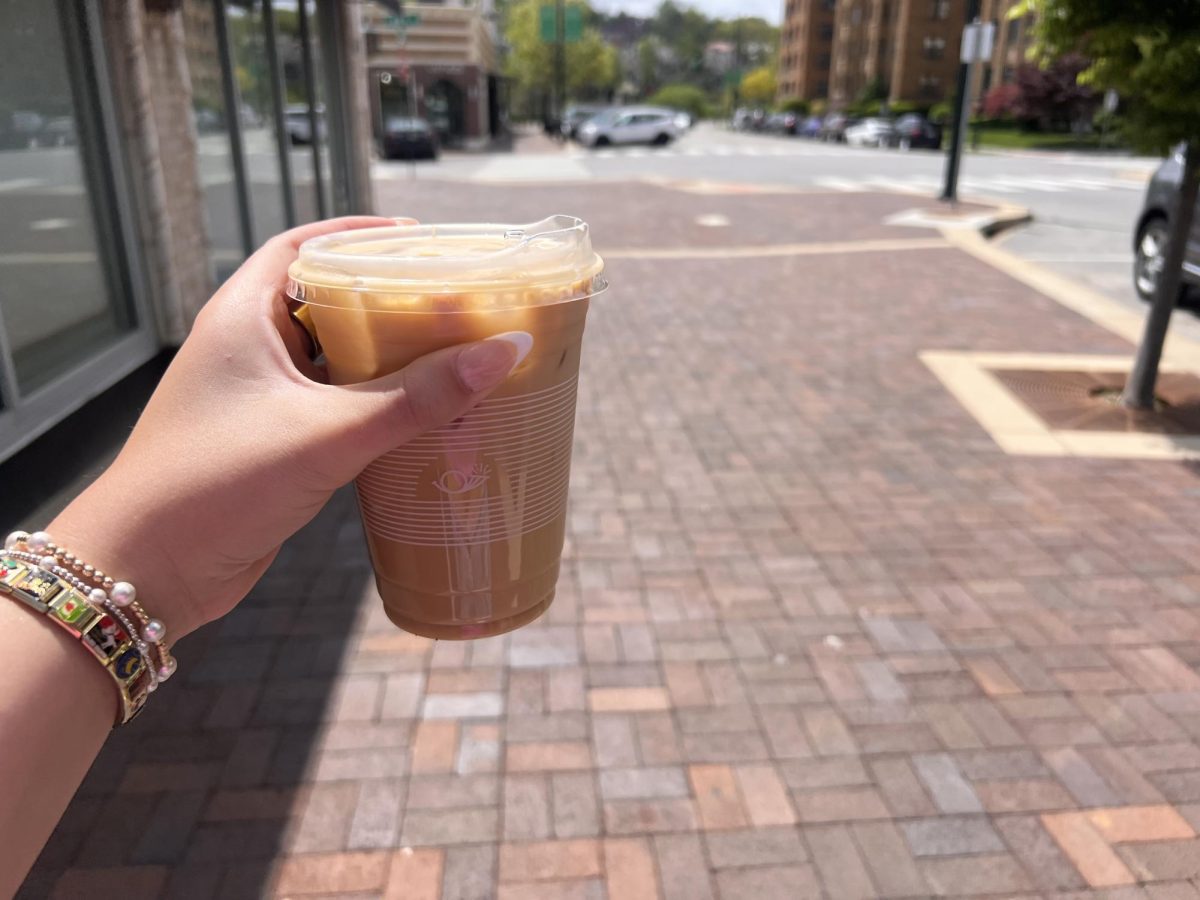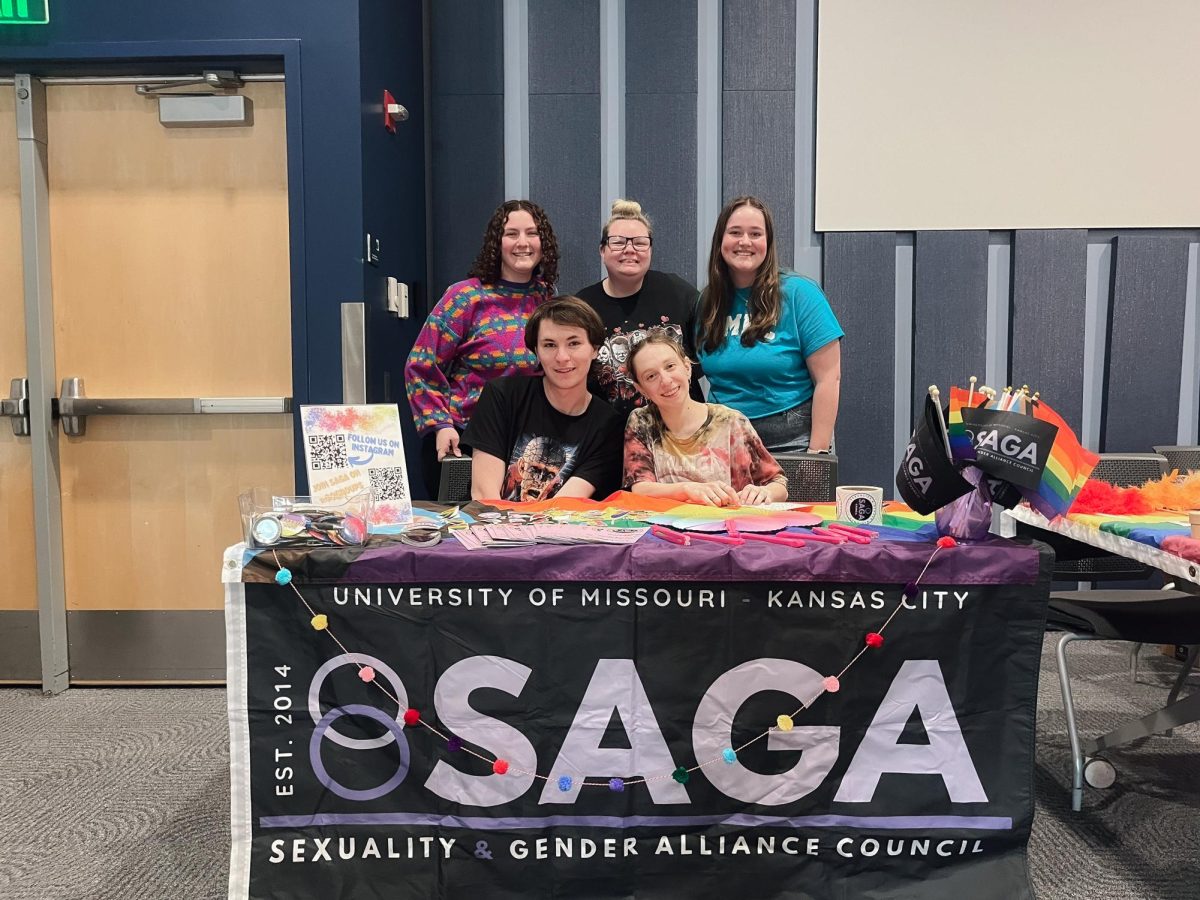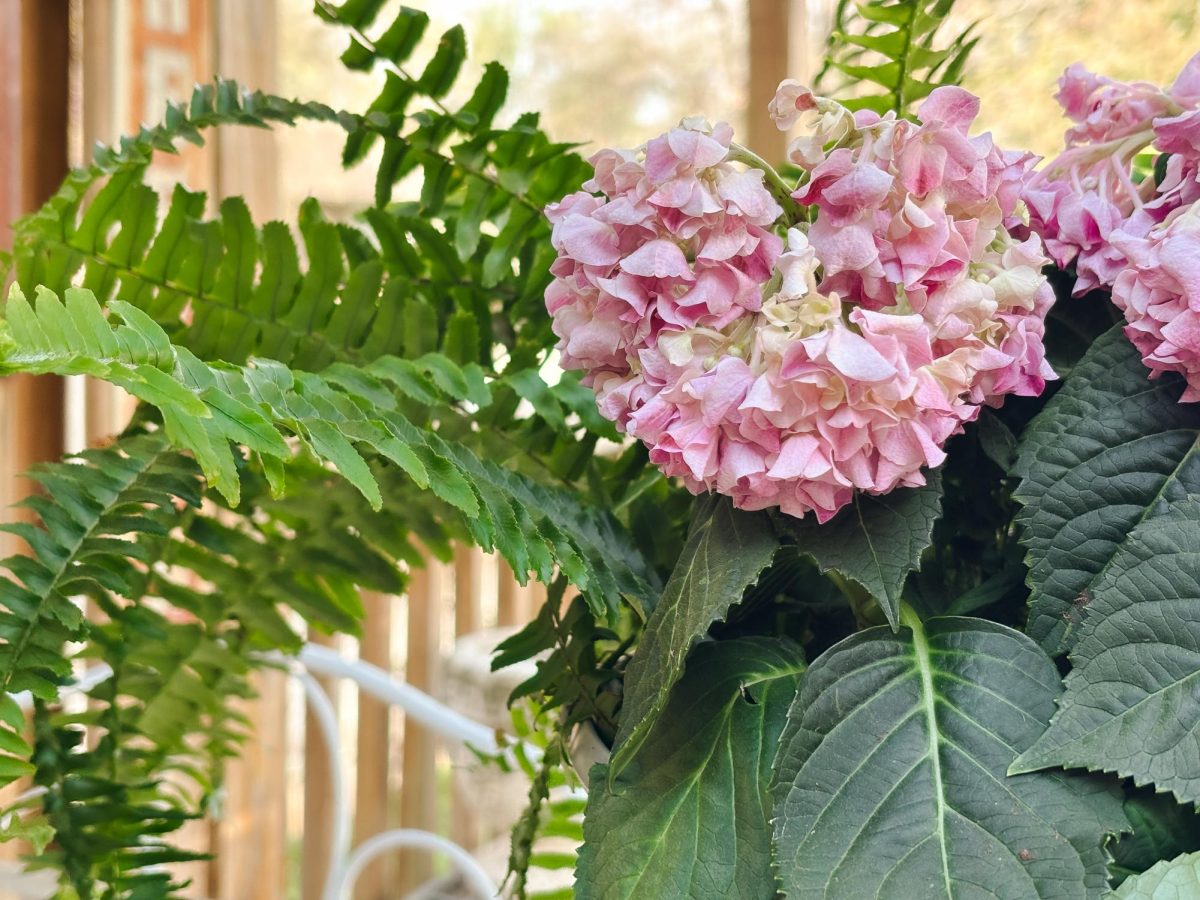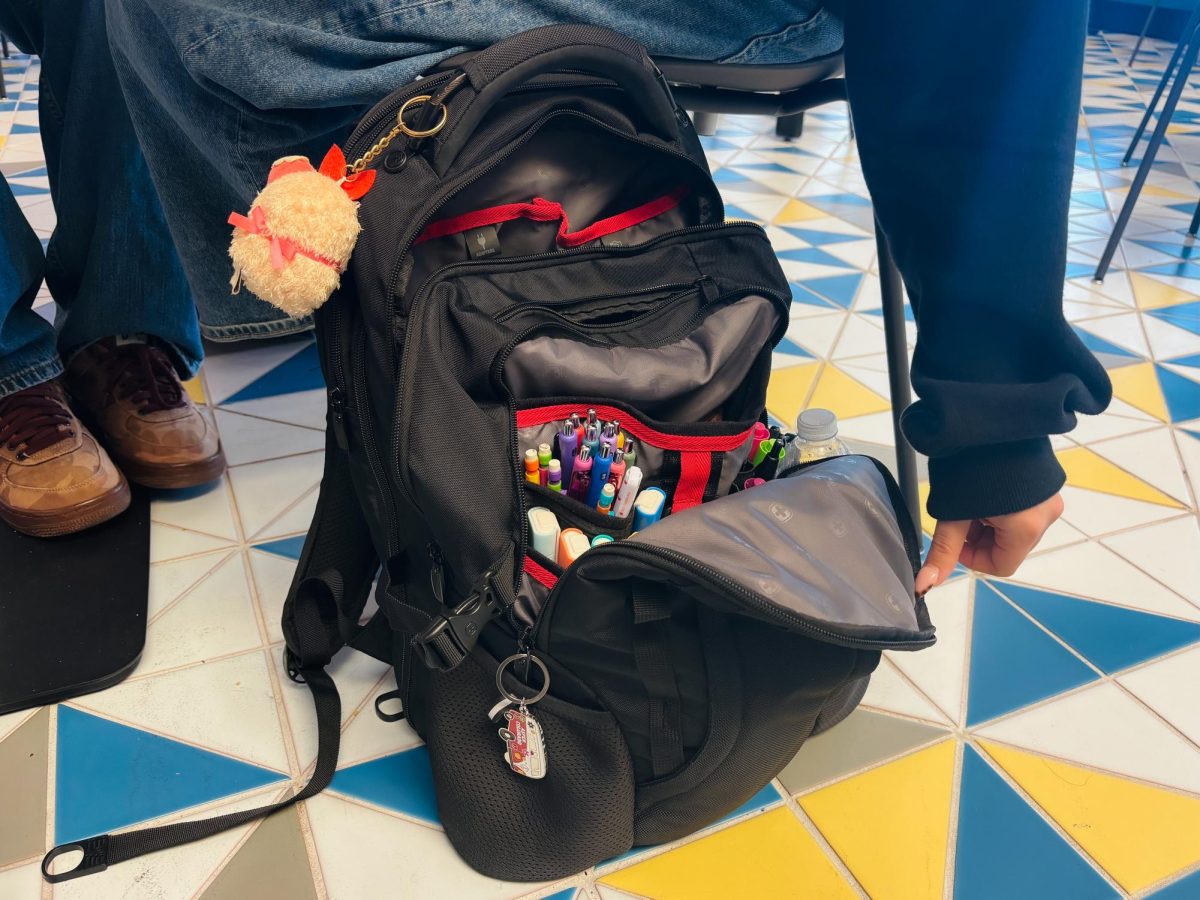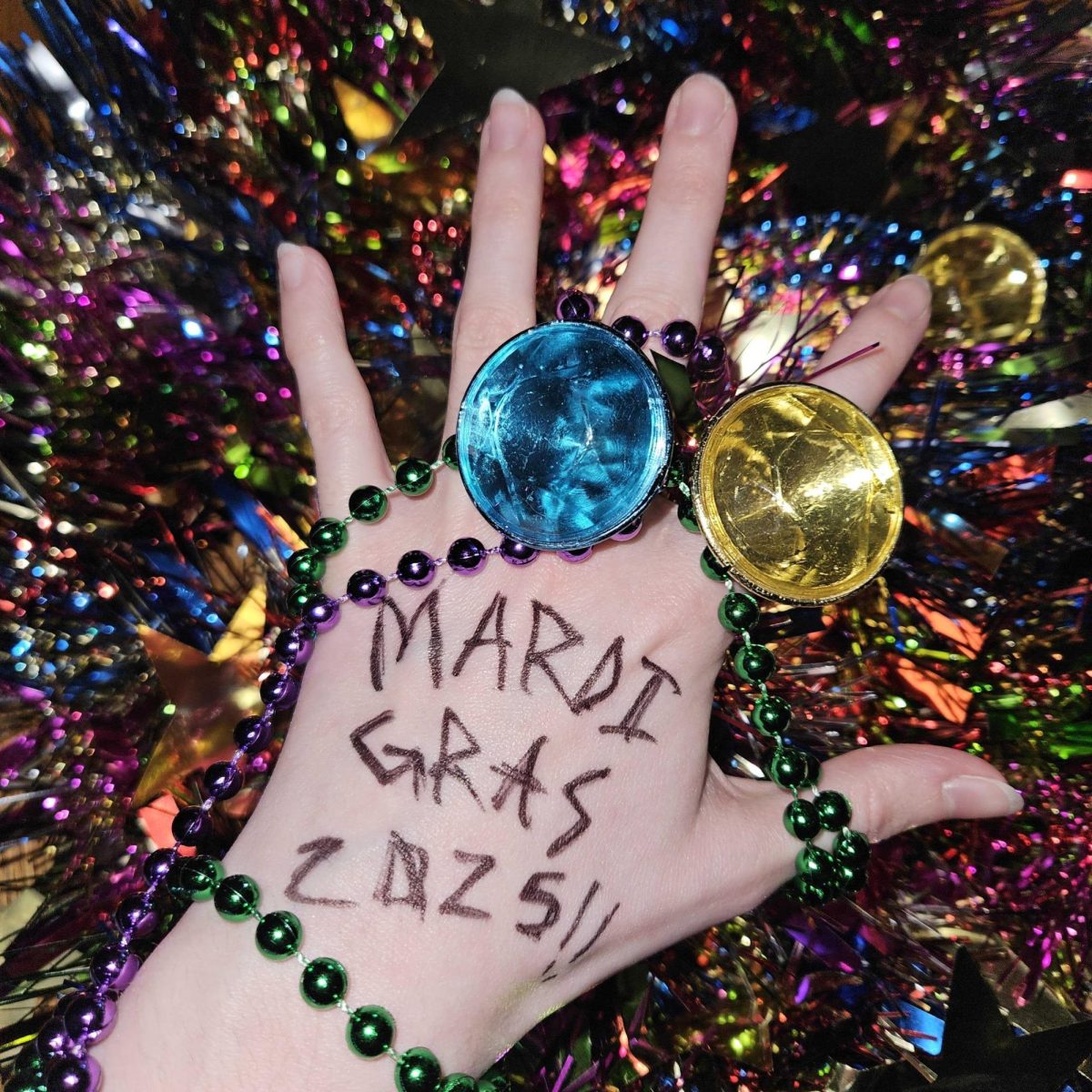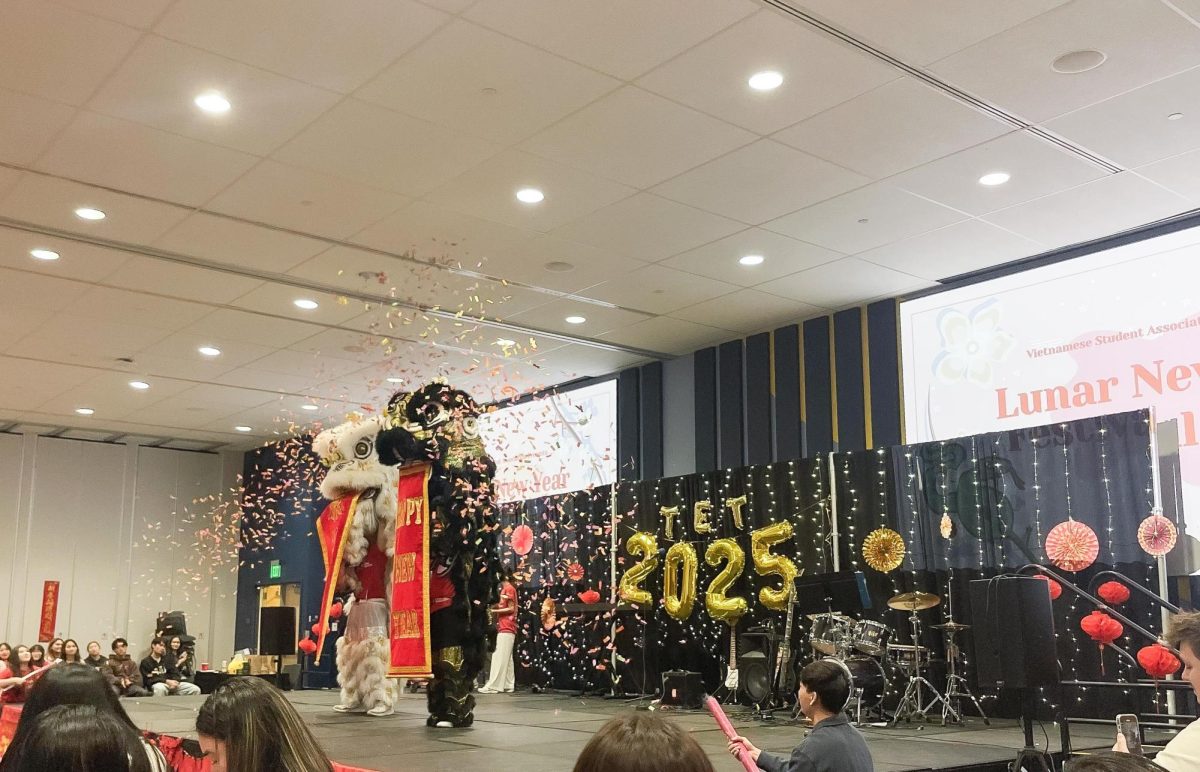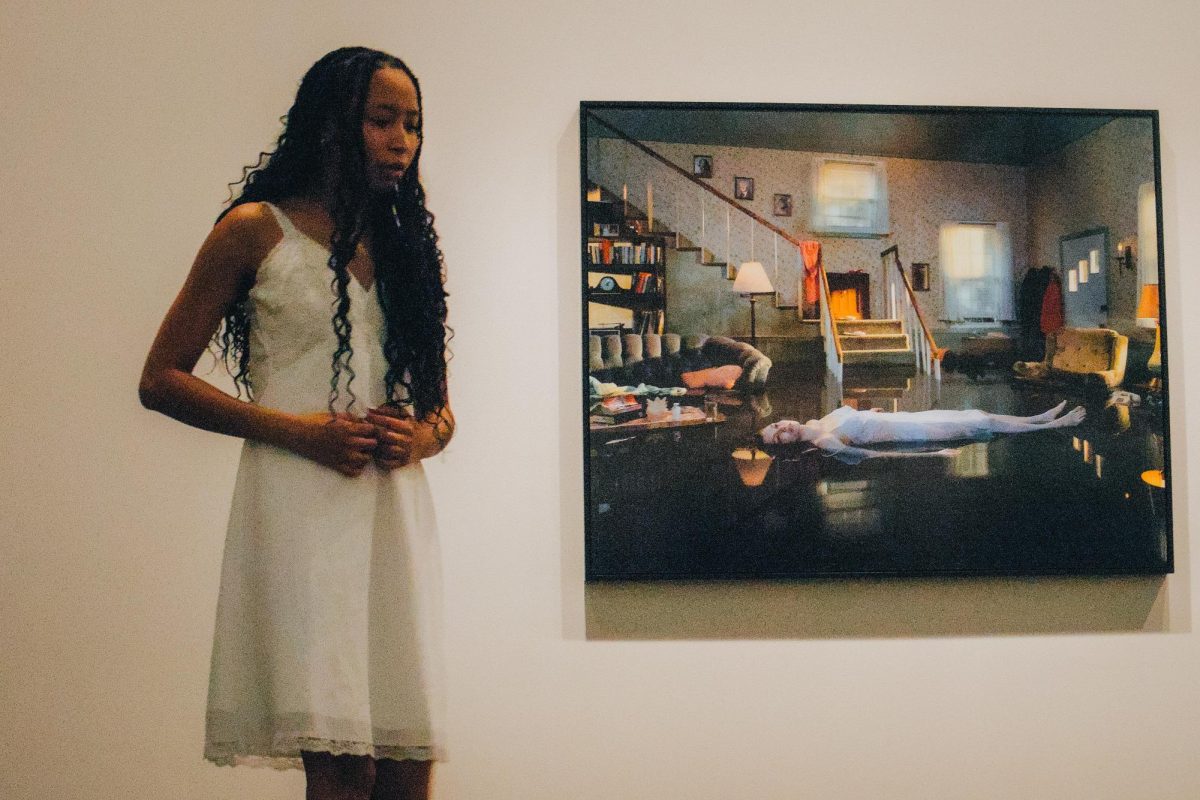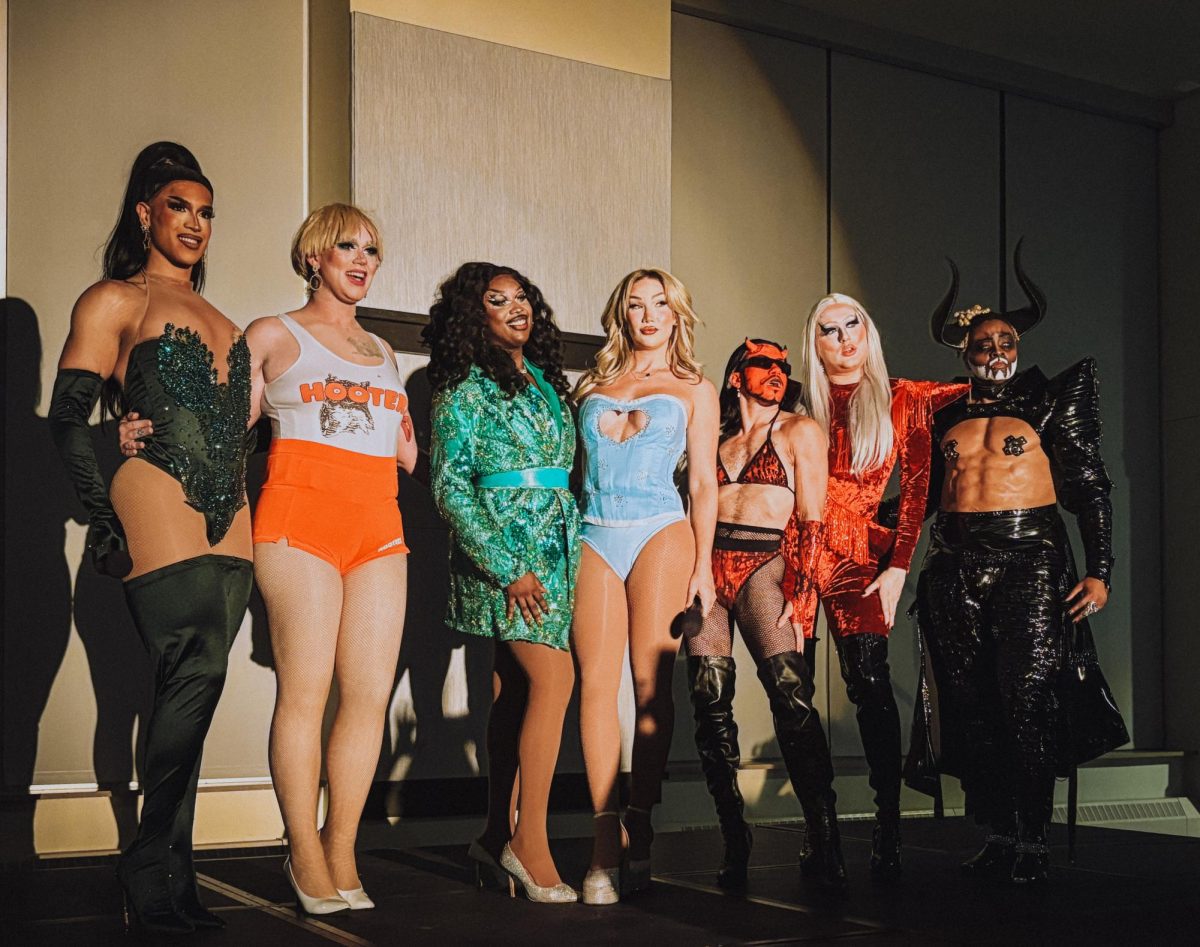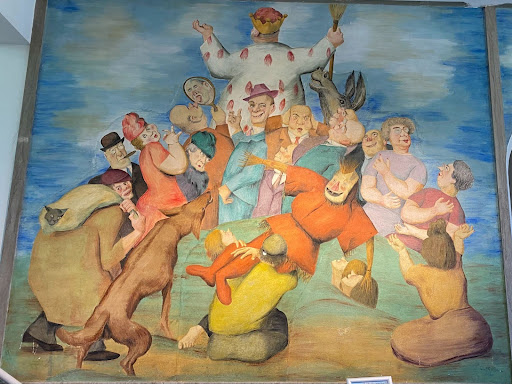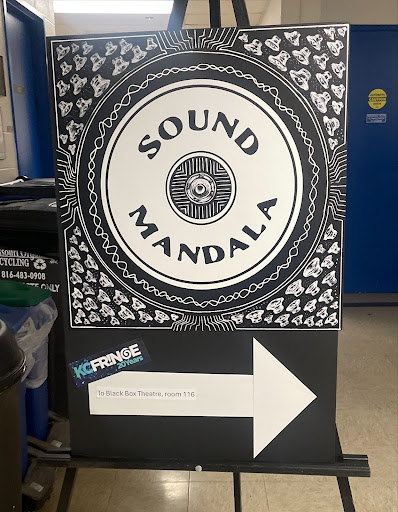Lesbian Pride and Visibility Day was celebrated by UMKC’s LGBTQIA+ Programs and Services at the Student Union last Thursday, April 24.
The event brought together students and staff in a celebration of identity, inclusion and community aimed at fostering visibility and support.
Assistant director of student support services Zachary Parker says that the event was for all.
“For folks who identify as lesbians, it’s a day where they can come in and be celebrated,” said Parker. “It also provides a space for conversation for folks who maybe don’t understand those identities or have never heard specific words, or don’t think they’ve ever encountered someone who holds those identities.”
Lesbian Visibility Week is from April 21 to April 27. This week-long celebration aims to raise awareness and visibility for LGBTQIA+ women and non-binary people.
Freshman strategic communications major Keely Keck says that this week means a lot to her younger self.
“Lesbian Visibility week means that 12-year-olds nowadays hopefully won’t feel like I did back then,” said Keck. “I felt alienated, alone, and being kept in the ‘closet’ out of fear. Leasbian visibility week gives younger queers a chance to see older people in the community shine.”
A study by the LGBTQ+ youth charity Just Like Us found that two thirds of people reported feeling ashamed of being a part of the community.
Similar to Keck, political science major Caroline Brimm says that she feels this week allows others in the community to feel validated.
“It’s a celebration of identity,” said Brimm. “Not only is it a chance to feel validated and recognized, but it’s also a chance to connect with others who have similar experiences.”
Lesbian Visibility Week originally began in Los Angeles in 1990 and was celebrated until 1992. However, after 1992, the week disappeared until International Lesbian Visibility Day came to be in 2008.
The whole week for Lesbian Visibility didn’t exist again until 2020 after Linda Riley, the publisher of DIVA Magazine came out and said that only 24 hours of a celebration wasn’t enough and needed to be changed.
When it comes to showing your support to the community, whether you’re an ally or apart of the community, there are many opportunities for you to do so
“People can educate themselves about the experiences of lesbians, amplifying their voices, and challenge stereotypes and discrimination,” said Brimm. “Be active in your allyship year-round and create visibility through social media and other platforms.”
Beyond education and visibility, support also means recognizing the basic humanity of LGBTQIA+ individuals and respecting their right to exist without scrutiny or debate.
“Treat lesbians and other queer people like any other person,” said Keck. “We are human, we are normal, and we don’t care about your personal political opinions about us, let us live.”



